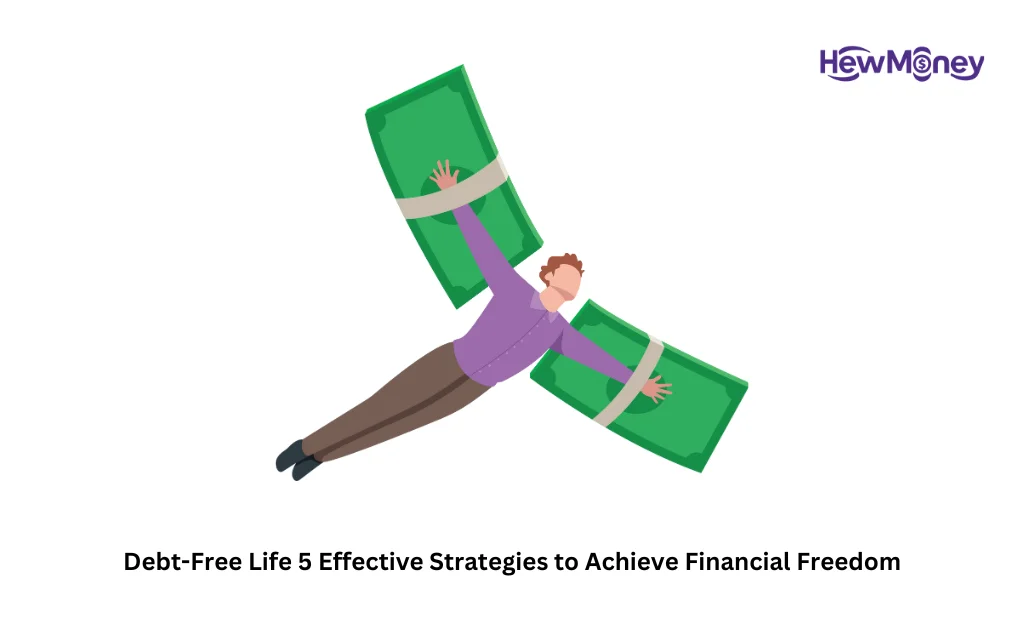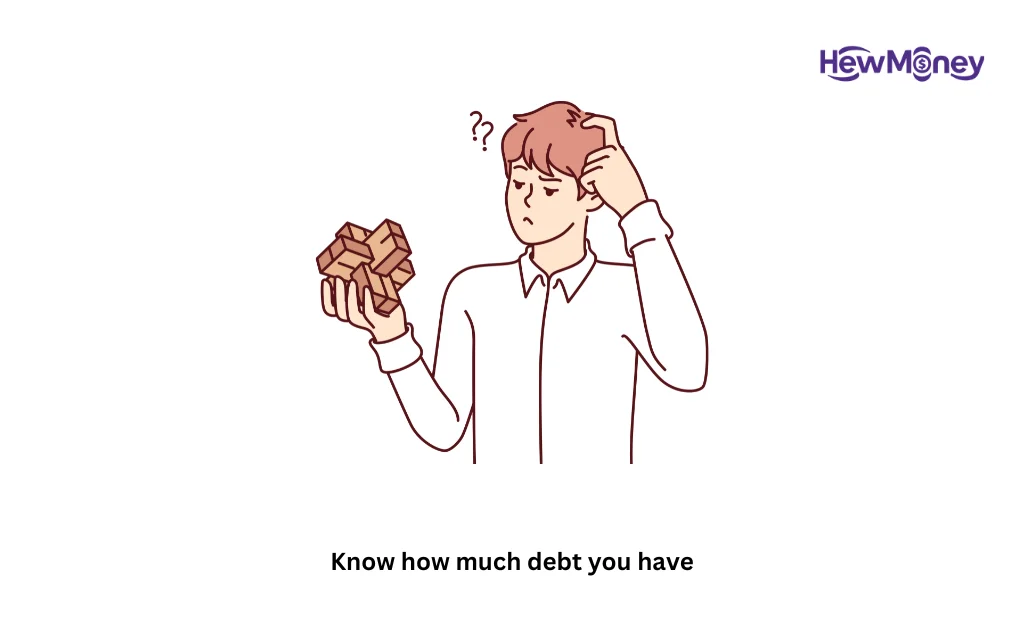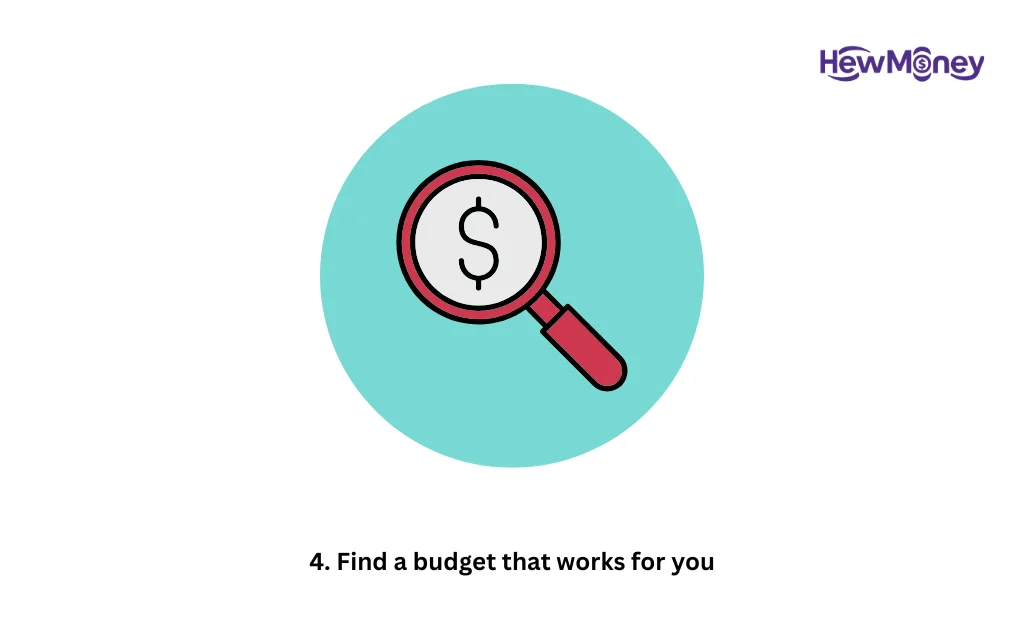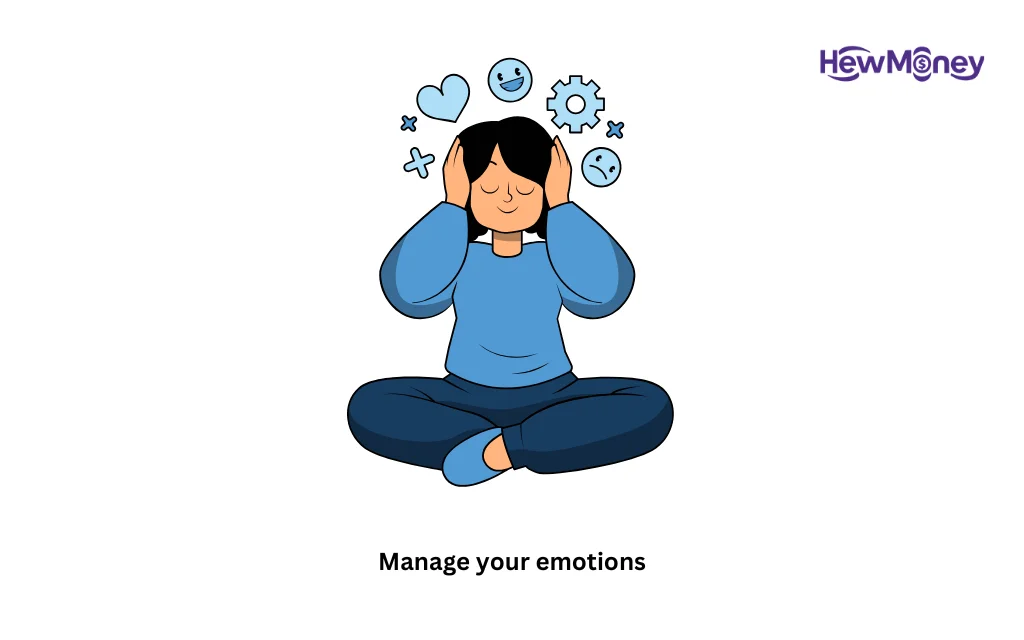Debt-Free life living begins with understanding your finances, embracing a budgeting mindset, and learning effective ways to pay off debt.
Living debt-free is a goal that many people associate with financial freedom and thriving rather than merely surviving. Regardless of why you took on the debt in the first place, having any kind of debt—student loans, auto loans, credit card debt, or medical debt—can be unpleasant. Not all debt is harmful. Good debt can include low-interest loans like mortgages that you take out to boost your net worth.
Getting and remaining debt-free life can increase your financial freedom and reduce stress. To help you get there, here are some resources and advice.

1. Figure out what living debt-free means to you
Based on your own financial circumstances, decide what debt-free means to you and what is feasible. It could entail, for instance, having no debt, avoiding credit cards, or getting rid of any bad debt, such as high-interest credit cards and payday loans.
Being debt-free has numerous advantages, but you should also think about some possible drawbacks:
- You can start to lose your “credit invisibility.” Having any kind of credit is beneficial until you have enough liquid assets to meet your needs. Credit agencies might not be able to determine your credit score if you pay off or terminate your open credit accounts, which would make your credit invisible. You could struggle to receive credit, loans, and housing rental approval if you do not have a credit score. Additionally, you could have to pay more for things like auto insurance or a cell phone.
- You will need to give up something. It will require certain sacrifices to become and remain debt-free, such as reducing certain spending to free up more funds for debt repayment. On the other hand, you might also need to think about taking on specific types of debt, such as school loans, in order to achieve some ambitions.
2. Know how much debt you have

It is a good idea to know your specific debt level before deciding how to live debt-free. You can more effectively assess your alternatives for dealing with debt if you are aware of your debt-to-income ratio.
3. Choose a payoff method
As you strive to be debt-free, take into account these various debt payback strategies.
Debt snowball: This approach suggests that you pay off your lowest balance first. On every other account, you make the bare minimum payment. You then apply the amount you were paying to the minimum payment on the next largest debt amount, which increases like a snowball as you roll it over, after you have paid off the lowest level.
Debt avalanche: This strategy involves paying the least amount due on other debts while giving priority to the debt with the highest interest rate. After the debt with the highest interest rate is paid off, you proceed to the next highest interest rate.
Consolidation: Consolidation reduces interest rates by combining all high-interest loans into a single monthly payment. You might be able to pay off your debt faster and with more manageable payments if you consolidate your debt.
Debt relief: By modifying the terms or amount of your debt, debt relief can lessen your financial load. If you are unable to pay off your unsecured debt, such as medical bills and personal loans, within five years or if the entire amount of your unsecured debt exceeds 50% of your gross income, you should look into debt relief.
Options for debt reduction include:
- management of debt.
- Bankruptcy.
- settlement of debt.
4. Find a budget that works for you

Developing the practice of tracking your finances is always a wise financial decision. And keeping your life debt-free can be achieved by figuring out a budgeting approach that suits you. Try the envelope approach, the 50/30/20 method, or zero-based budgeting.
Additionally, you can use budgeting tools that streamline the process and even discover budgeting strategies that cater to your particular requirements and skills.
Establish an emergency fund.
Establishing an emergency fund should be your top priority while implementing your new budgeting approach. By having money on hand for unforeseen needs, emergency savings might help you avoid taking on more debt, even if you can only initially contribute modest sums.
Here are a few strategies to increase emergency savings:
- establishing a monthly savings target that is doable rather than trying to save a huge sum all at once.
- putting money into savings automatically so that it is placed at the same time every paycheck.
- You can gradually develop the habit of saving money by using apps that are dedicated to saving money.
5. Manage your emotions

First of all, it is critical to keep in mind that debt and debt-free living are not morally problematic. Having debt does not make you a bad person, and being debt-free does not make you a horrible person.
Working with a financial therapist or other professional can help you gain insight and position yourself for success if you want to change your financial habits and cultivate a better relationship with money.
Debt-Free Life
Debt-Free Life is the key to financial freedom, allowing you to take control of your money, eliminate burdensome debt, and build a secure future without constant financial stress. By developing smart budgeting habits, prioritising essential expenses, and avoiding unnecessary debt, you can create a lifestyle that promotes stability, peace of mind, and long-term wealth. With disciplined saving, responsible spending, and a focus on financial education, achieving a debt-free life becomes not just a goal but a sustainable way of living, ensuring that you enjoy greater financial security and independence for years to come.
